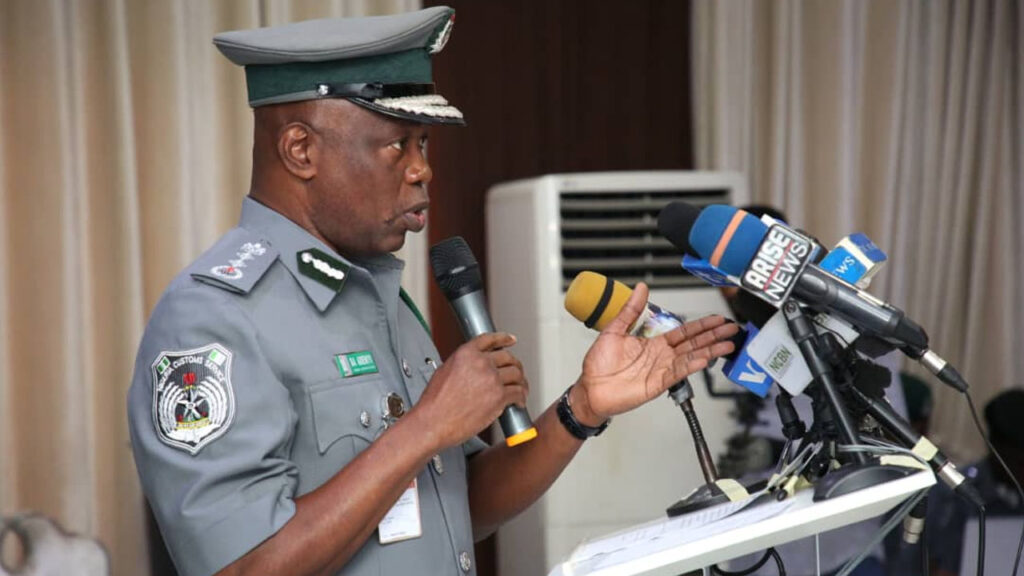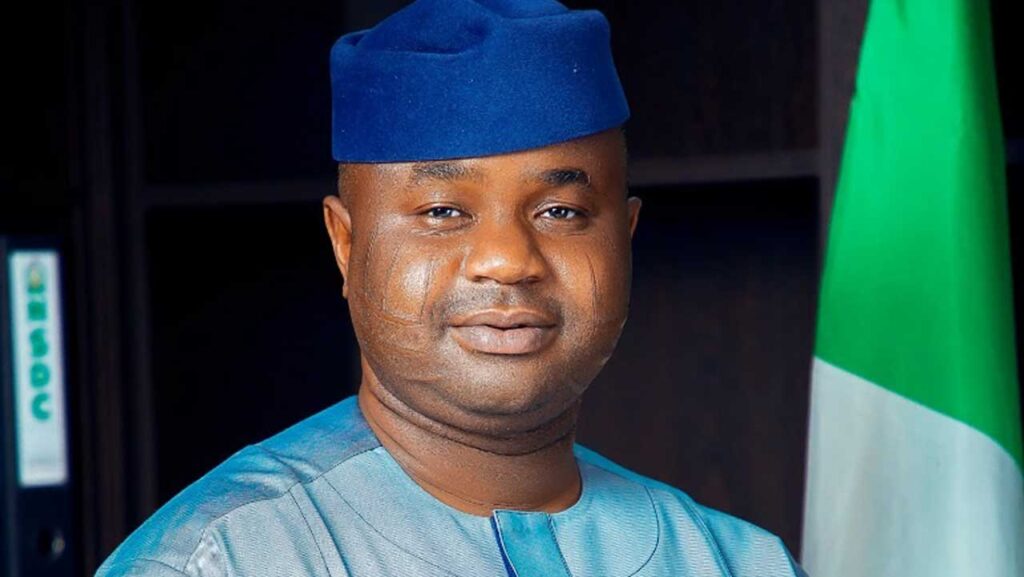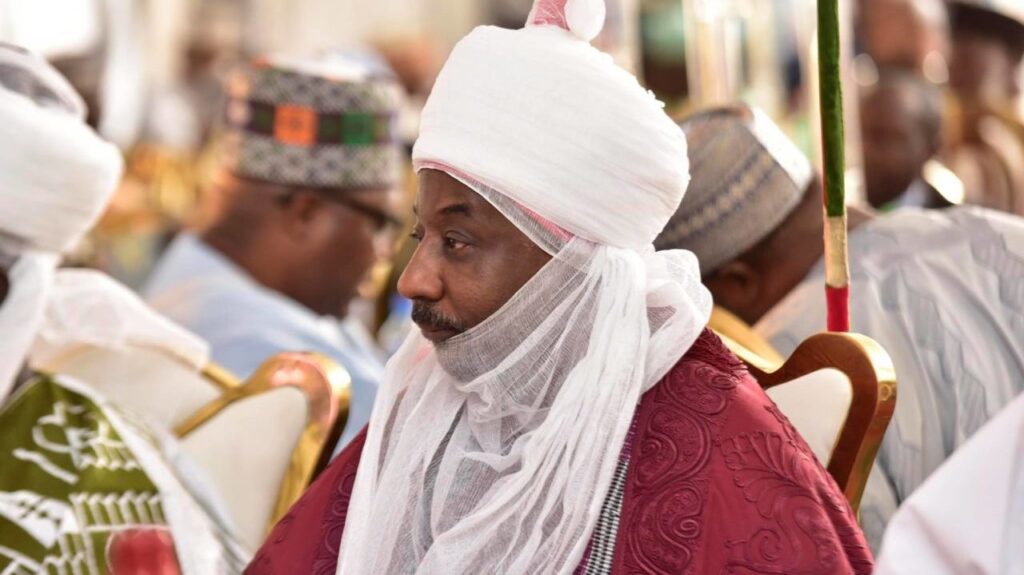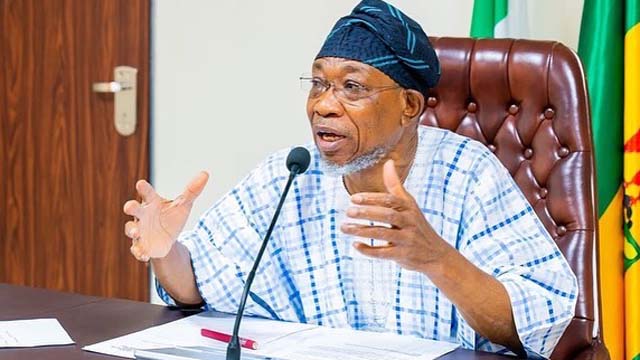
Sir: No doubt, Nigeria is a federal state. What is newsy is that like its global counterparts, the federal system currently practised in Nigeria is characterised by high level of debates, controversies arising from structural imperfections and riddled with calls on the Federal Government to identify in the nation the imperfections and have them amended according to the changing time of its political sovereignty.
In December, 2020, Asiwaju Bola Ahmed Tinubu, now President of the Federal Republic of Nigeria, while speaking in Ibadan, Oyo State, on the topic: Time to restructure is now, at the third yearly Abiola Ajimobi Roundtable, among other things, stated that the current relationship between the police and the people needs such reform so that the police may help better answer the security challenges we now face. In fact, it is long overdue.
By instituting true federalism, he said, we open the door not only to prosperity but to greater democracy and openness throughout Nigeria. This will help bring peace and tranquility where there is now tension and uncertainty about the pathway our nation is on. This important change will require more funds in state hands, less in federal. Tinubu concluded.
While it is not hard to identify that Tinubu’s comment amply and perfectly demonstrates the way to go, it on the other hand, remains an open secret that the challenge arising from Federalism as a system of government is not Nigeria specific but of global dimension and concerns. It therefore elicits the question as to why the federal system has become reputed for creating more friction than cohesion whenever and wherever it is practised? Why is it that the fundamental assumptions inherent in the system most cases fail to offer targeted road maps for upholding the health and vitality of a nation’s peaceful coexistence?
Adding context to the discourse, available information at Wikipedia, the world’s information power house, shows that there are roughly/about 25 countries in the world where the federal system of government is practised today.
Jerome-Mario Chijioke Utomi is the programme coordinator, (Media and Policy), Social and Economic Justice Advocacy (SEJA), Lagos.
Interestingly also, these countries when put together represent 40 per cent of the world’s population.
These countries include but are not limited to; India, the United States of America (USA), Brazil, Germany and Mexico.
Despite the virtues in federalism, there are examples of nations across the globe where like Nigeria, the federal system has remained a pathway to discord. Aside from many supporting the validity of a federal system of government, the greatest lesson of the federal system, says Scott Moore, a research fellow at Harvard’s Belfer Center for Science and International Affairs, is that countries can often become stronger by adopting a looser union.
Jerome-Mario Chijioke Utomi is the programme coordinator, (Media and Policy), Social and Economic Justice Advocacy (SEJA), Lagos.













